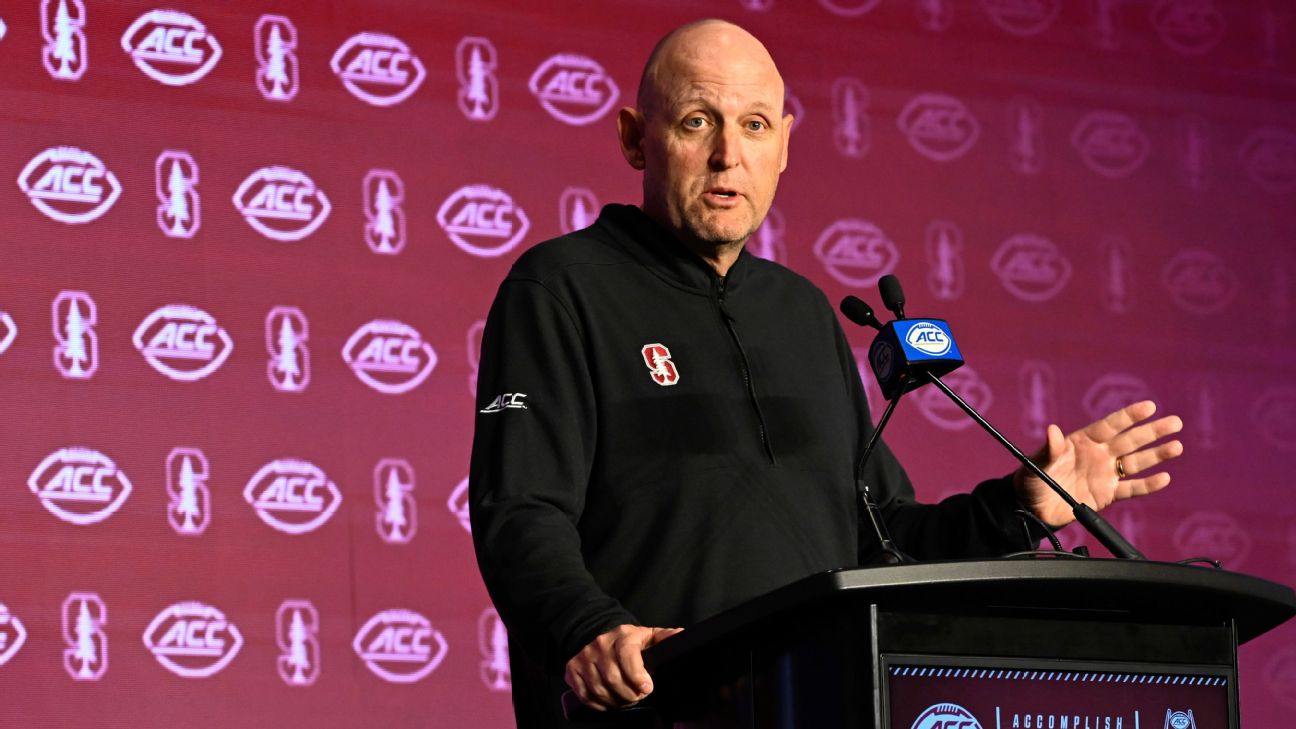Coronavirus facts: Doctor answers FAQs about COVID-19, vaccine timeline, hydroxychloroquine

SAN FRANCISCO (KGO) -- The novel coronavirus pandemic is an ever-evolving situation that has sparked many questions like when will we have a vaccine? Will taking hydroxychloroquine prevent you from contracting COVID-19?
LIFE AFTER COVID-19: Here's what restaurants, gyms, schools, sports will look like when they reopen
During an interview with ABC7 on Tuesday, Dr. Peter Chin-Hong, an infectious disease specialist at UCSF, answered some of those pressing questions and shed light on the latest information about the coronavirus.
Should we have high hopes that we'll have a vaccine by the end of the year?
"I'm a little bit hopeful actually. I'm a glass half full kind of person in general and their science seems really song. I think the first phase human studies seem really promising in terms of making the right kind of antibodies and more antibodies than natural infection. So, I think we're kind of on a good track, and it's much faster than everyone anticipated."
Does hydroxychloroquine or remdesivir help in preventing COVID-19?
"I think I'm keeping an open mind but again hydroxychloroquine is not a virus drug, remdesivir is. If anything it's going to be preventative. As Gilead reformulates remdesivir in two other ways; they are thinking of maybe doing an inhaled version, kind of like flu mist, or their thinking of even doing an injectable version which can be given to people more easily than the IV version, maybe as those things get planned out, it makes more rational sense."
If you contract the coronavirus, what are the chances you can get it again?
"I think that the people who get the disease probably are going to be protected. I mean, we know that people develop antibodies, it takes a little bit longer in some people so two weeks in most, three weeks and even more in others. So it just, you need a little bit more time before you kind of go on and expose yourself."
Can you get COVID-19 through your eyes?
"It's theoretically possible so in high-risk settings like the hospital we do protect our eyes. There hasn't really been super high numbers of convincing cases where people have just gotten it in the eyes while protecting their nose and mouth. So it's a potential thing maybe if COVID-19 is bored, it will just land on the eyes."
What are your thoughts about sending kids back to school?
"I think everyone is scared we are going to see not a surge but it's called a wavelet as kids go back to school, we'll see a little uptick in cases but I think kids have to go back to school sometime. I mean they can't stay home all the time. You know, if we have enough testing in the community and contact tracing, we'll be able to figure out if that uptick is due to that, you know, associated with that going back to school part."
Watch Dr. Chin-Hong answer more COVID-19 questions in the video player above.
If you have a question or comment about the coronavirus pandemic, submit yours via the form below or here.
Get the latest news, information and videos about the novel coronavirus pandemic here
RELATED STORIES & VIDEOS:
- COVID-19 Help: Comprehensive list of resources, information
- When will the San Francisco Bay Area reopen? Track progress on 6 key metrics to reopening here
- Life after COVID-19: Here's what restaurants, gyms will look like
- Live updates about coronavirus outbreak in US, around the world
- INTERACTIVE TIMELINE: How close was CA to becoming a NY-level crisis?
- What will it take to get a COVID-19 vaccine and how will it be made?
- How California's COVID-19 cases stack up against other hot spot states
- Everything you need to know about the Bay Area's shelter-in-place order
- Coronavirus Timeline: Tracking major moments of COVID-19 pandemic in San Francisco Bay Area/
- List: Where can I get tested for COVID-19 in the Bay Area?
- COVID-19 Diaries: Personal stories of Bay Area residents during novel coronavirus pandemic
- Coronavirus Doctor's Note: Dr. Alok Patel gives his insight into COVID-19 pandemic
- What does COVID-19 do to your body and why does it spread so easily?
- WATCH: 'Race & Coronavirus: A Bay Area Conversation' virtual town hall about COVID-19 impact on Asian American community
- WATCH: 'Race & Coronavirus: A Bay Area Conversation' virtual town hall about COVID-19 impact on African American community
- WATCH: 'Race & Coronavirus: A Bay Area Conversation' virtual town hall about COVID-19 impact on Latino community
- Here's how shelter in place, stay at home orders can slow spread of COVID-19
- Symptoms, prevention, and how to prepare for a COVID-19 outbreak in the US
- List of stores, companies closing due to coronavirus pandemic
- No masks but here are 100+ products that may help protect you against novel coronavirus germs
- Here's a look at some of history's worst pandemics that have killed millions










